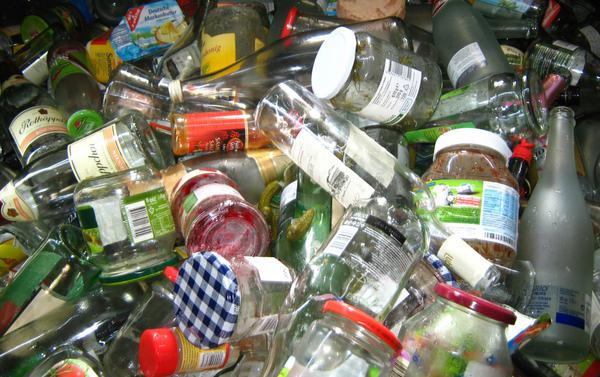This plastic house is a revolutionary step in waste management

In the botanical garden of Chandrapur, Maharashtra stands an extraordinary structure—a two-story house made entirely of plastic waste.
Built by Dr Balmukund Paliwal, with support from IAS Vivek Johnson, Chief Executive of the District Council, this unique house is a testament to innovation in tackling plastic pollution.
Constructed using 13 tons of plastic waste, the house features a gable roof at the front and a slanted roof at the back, giving it an appealing and modern look.
This plastic house, currently serving breastfeeding mothers and tourists visiting the garden, spans 625 square feet, with a height of 18 feet and a width of 10 feet.
It includes a hall, bedroom, stairs, a small room for kids, and a front porch offering a scenic view of the garden.
Every element, from floor tiles to doors and ceilings, is made from recycled plastic waste, including items like chip packets, water bottles, and milk pouches.
The project began as part of the Swachh Bharat Abhiyan in 2014, led by Dr Paliwal, who aimed to address the growing problem of plastic pollution.
He emphasized the need for urgent solutions to divert plastic waste from piling up in landfills, which poses significant risks to both the environment and human health.
To construct the house, plastic waste was transformed into pellets, melted, and shaped into various components like doors, benches, and tiles.
Additionally, 2.5 tons of steel were used to provide a strong framework. The entire structure was completed in just three months.
Dr Paliwal highlighted the benefits of this plastic house, noting that it consumes less water, is crack-resistant, rust-free, fireproof, and shock-free.
Unlike traditional concrete homes, it requires no maintenance and offers portability, as it can be easily dismantled and reassembled.
Although this is a demo model, the concept has the potential to evolve into a sustainable housing option in the future.
The total cost of the house, including labour, machinery, and materials, amounted to ₹9 lakh, with ₹5 lakh sanctioned by the District Council.
This pioneering project could pave the way for more eco-friendly housing solutions across India.
Image from Pxhere (Free for commercial use / CC0 Public Domain)
Image Published on March 05, 2017
Image Reference: https://pxhere.com/en/photo/992653









Leave a Reply